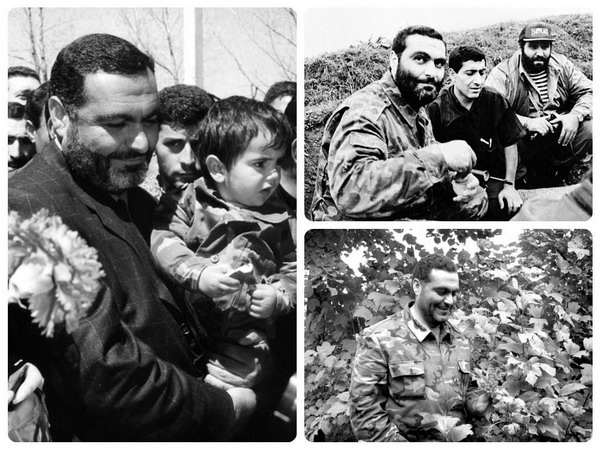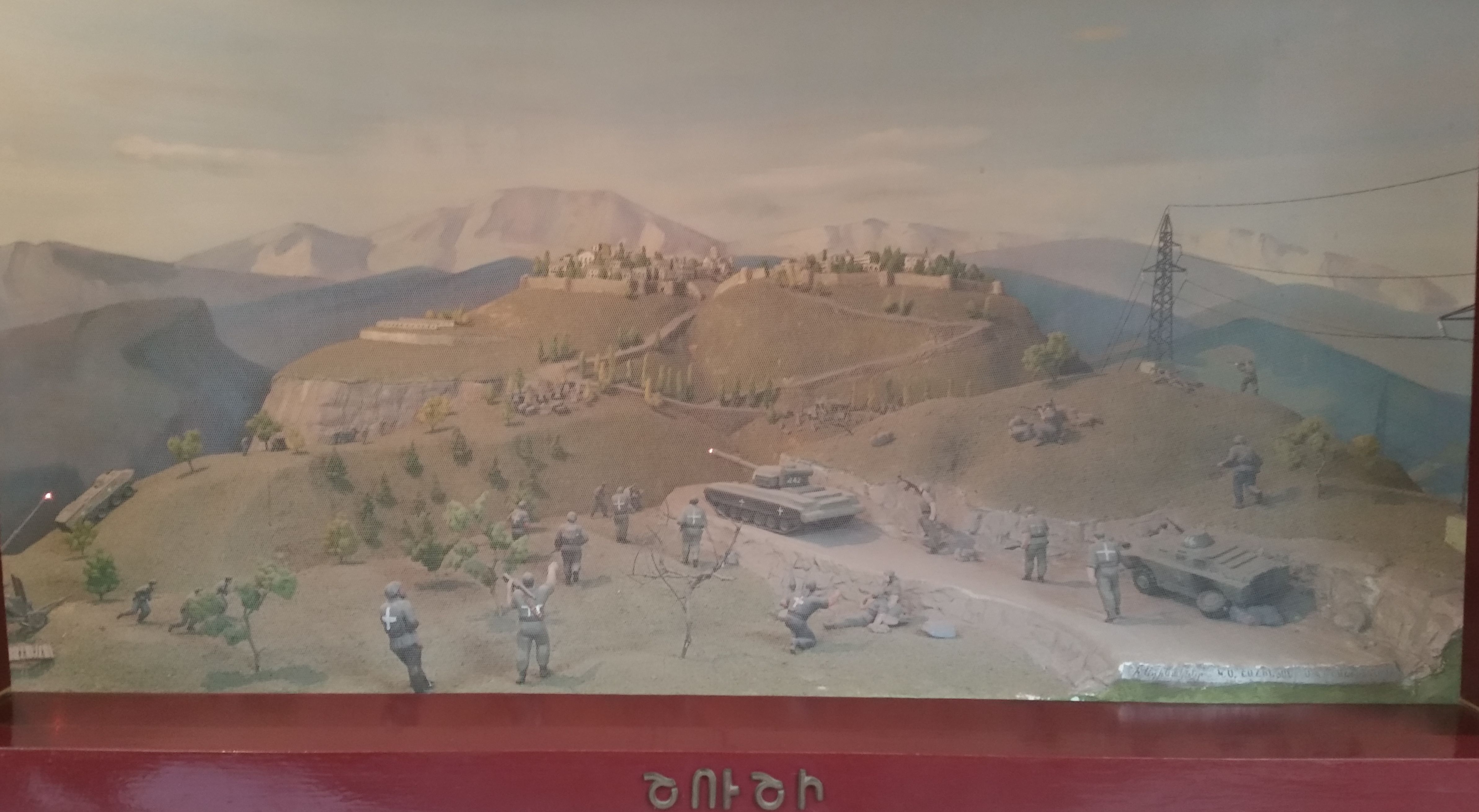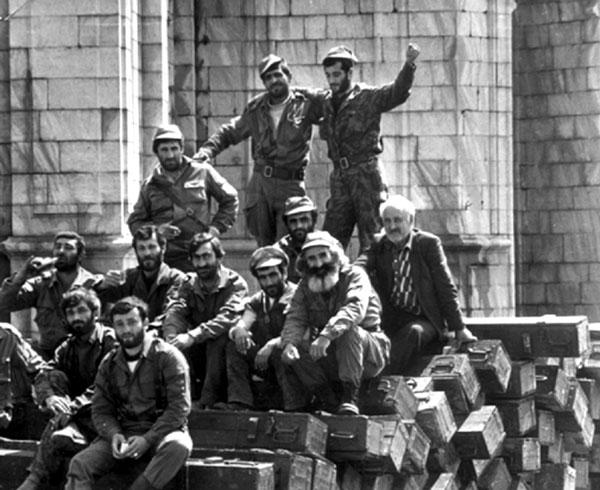Re: Military Notebook: Military Discussions
«Միություն-2015. Հաղթանակի ժառանգներ-Հայաստան» միջազգային երիտասարդական ռազմամարզական կրթական մրցույթ-հավաքի բացման արարողությունը Ծաղկաձորում










«Միություն-2015. Հաղթանակի ժառանգներ-Հայաստան» միջազգային երիտասարդական ռազմամարզական կրթական մրցույթ-հավաքի բացման արարողությունը Ծաղկաձորում






















































Comment